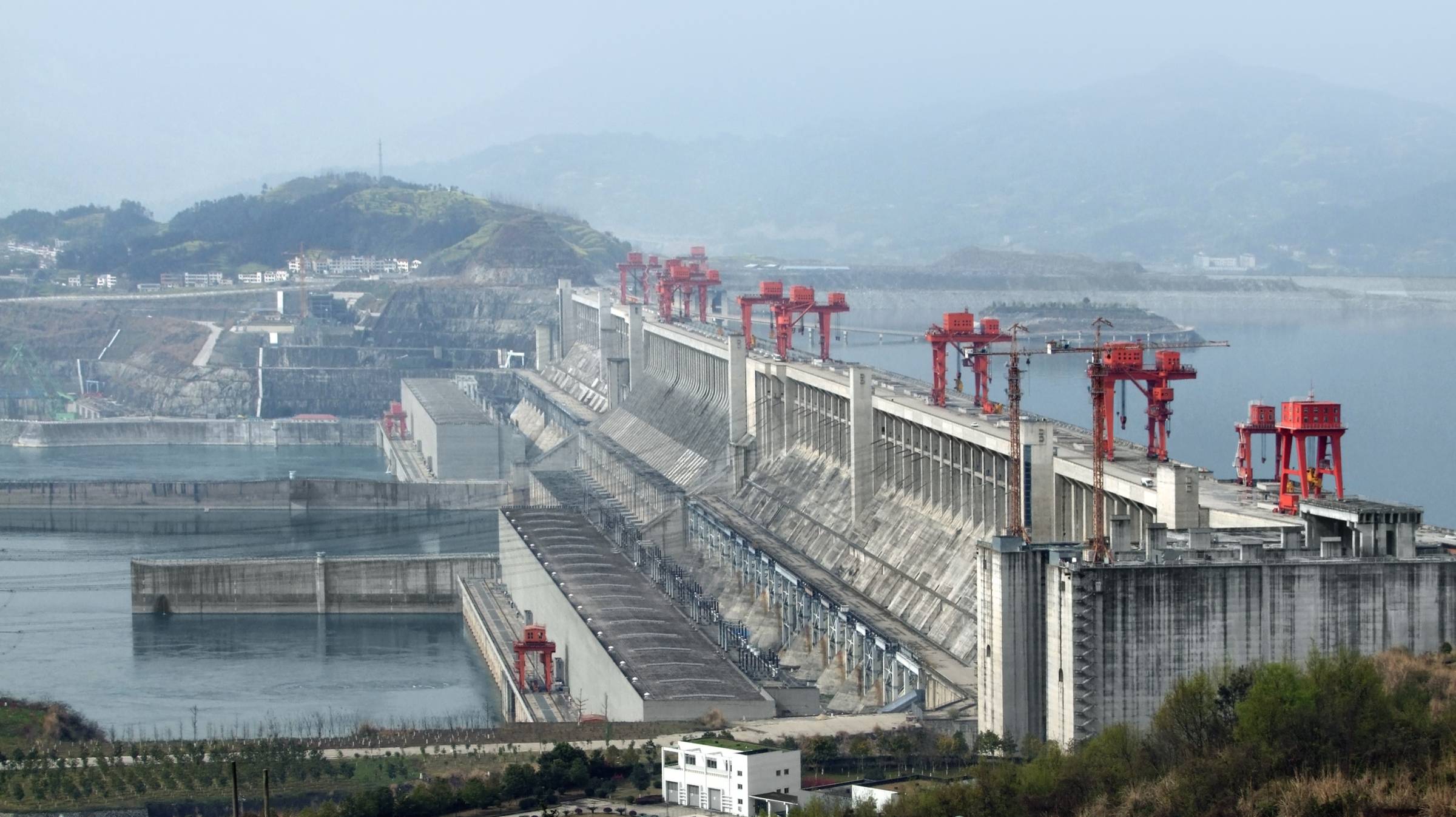The era of cheap oil and gas is over.
Russia’s war in Ukraine — or, more specifically, Europe’s ambitious effort to wean itself off Russian fossil fuels at a time when international supplies are already tight — is driving up global energy prices and raising the specter of a global energy crisis. Alternative sources of energy are looking more appealing by the day, as they should. But the embrace of hydropower, in particular, carries its own risks.
Hydropower is currently the most widely used renewable, accounting for almost half of all low-carbon electricity generation worldwide. Its appeal is rooted in several factors. For decades, it was the most cost-competitive renewable, and many hydropower plants can increase or decrease their electricity generation much faster than nuclear, coal and natural-gas plants. And whereas wind and solar output can fluctuate significantly, hydropower can be dependably produced using reservoirs, making it a good complement to these more variable sources.



